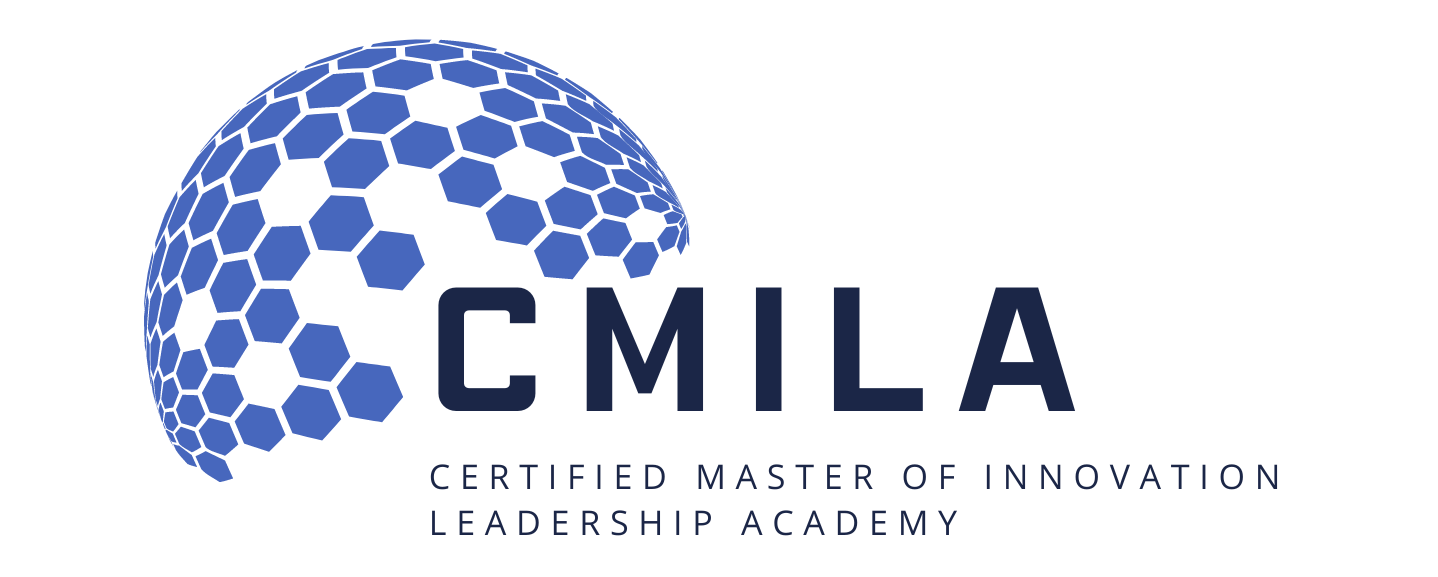Certified Open Innovation Strategist (COIS)
This comprehensive course by Tonex is designed to equip professionals with the skills and knowledge required to become Certified Open Innovation Strategists (COIS). Open Innovation is a strategic approach to driving growth and fostering innovation by collaborating with external partners. Participants will gain insights into the principles, methodologies, and best practices of Open Innovation to enhance organizational competitiveness.
Learning Objectives:
- Understand the fundamentals of Open Innovation and its significance in today’s competitive business landscape.
- Develop the skills to identify and assess external innovation opportunities.
- Learn to create and implement effective Open Innovation strategies aligned with organizational goals.
- Gain insights into building and managing successful partnerships with external stakeholders.
- Acquire the ability to navigate challenges and mitigate risks associated with Open Innovation initiatives.
- Master the art of fostering a culture of innovation within the organization.
Audience:
- Innovation Managers
- R&D Professionals
- Strategic Planners
- Business Development Executives
- Entrepreneurs
- Corporate Leaders seeking innovation excellence
Course Outline:
Module 1: Introduction to Open Innovation
- Overview of Open Innovation
- Historical context and evolution
- Key contributors to Open Innovation
- Drivers for adopting Open Innovation
- Case studies showcasing successful Open Innovation implementations
- Importance of Open Innovation in the contemporary business landscape
Module 2: Key Principles of Open Innovation
- External collaboration models
- Boundary spanning and knowledge transfer
- Innovation intermediaries and accelerators
- Crowdsourcing and open source collaboration
- Intellectual property considerations
- Metrics for measuring Open Innovation success
Module 3: Identifying External Innovation Opportunities
- Market scanning and trend analysis
- Technology scouting methodologies
- Open Innovation in emerging industries
- Leveraging startups and small enterprises
- Cross-industry collaboration opportunities
- Identifying gaps and unmet needs in the market
Module 4: Developing Effective Open Innovation Strategies
- Designing innovation ecosystems
- Aligning Open Innovation with corporate strategy
- Open Innovation in product development
- Strategies for leveraging open source technologies
- Creating a portfolio of Open Innovation projects
- Managing conflicts and synergies with internal innovation efforts
Module 5: Building and Managing External Partnerships
- Partner selection criteria
- Negotiating and structuring Open Innovation agreements
- Relationship management and collaboration frameworks
- Legal considerations in Open Innovation partnerships
- Ethical implications and social responsibility
- Success stories of effective Open Innovation partnerships
Module 6: Overcoming Challenges and Mitigating Risks
- Cultural barriers to Open Innovation adoption
- Organizational resistance and change management
- Assessing and managing risks in Open Innovation projects
- Addressing intellectual property concerns
- Strategies for handling failed Open Innovation initiatives
- Learning from setbacks and continuous improvement
Module 7: Fostering a Culture of Innovation
- Leadership in promoting innovation
- Encouraging a mindset of continuous improvement
- Employee engagement and empowerment
- Innovation training programs and workshops
- Recognizing and rewarding innovative behavior
- Embedding innovation in organizational values and practices
Overview of the Certification Process:
- Familiarize yourself with the prerequisites, if any, for taking the exam.
- Review the certification roadmap to understand the different levels of certification offered (e.g., Foundation, Advanced, Expert) and the requirements for each level.
- Identify the benefits of obtaining the certification for your career and professional development.
Details of the Exam:
Format: Multiple-choice, scenario-based, practical exercises
Content Areas: Review the exam blueprint or syllabus to identify the specific topics and knowledge areas covered in the exam. This will help you focus your study efforts on the most relevant content.
Passing Score: Understand the minimum passing score required to achieve certification and aim to exceed this threshold during your preparation.
Study Resources: Identify recommended study resources, such as certification manual, study guides and practice exams, to help you prepare effectively for the exam.
Exam Sample Questions:
- Practice with sample questions to familiarize yourself with the exam format and assess your readiness.
- Analyze each question carefully, paying attention to key details and any clues provided in the question stem or answer choices.
- Practice time management by setting aside dedicated study sessions to complete sample questions within the allotted time frame.
- Review your answers and explanations for correct and incorrect responses to identify areas for improvement and further study.
